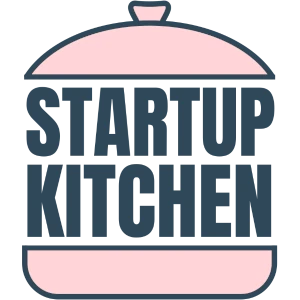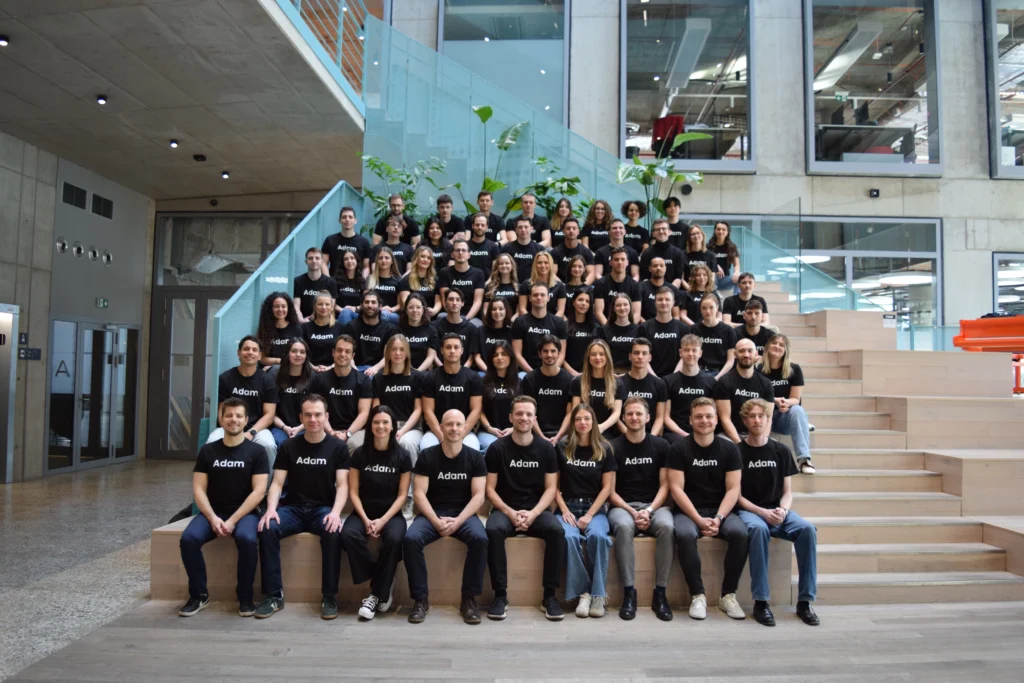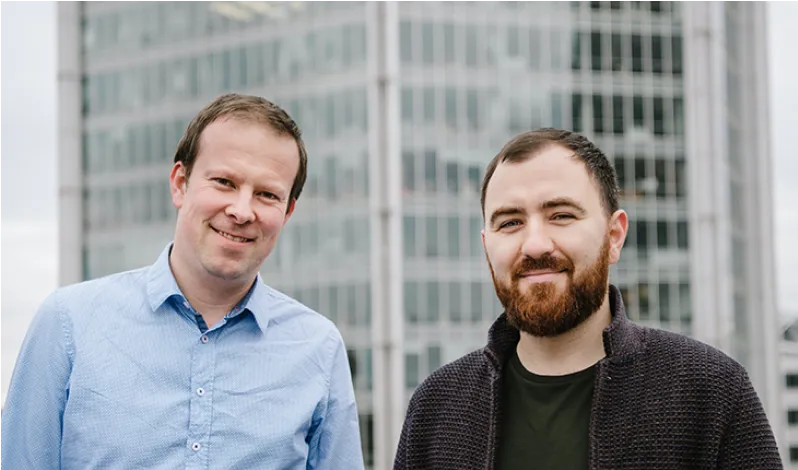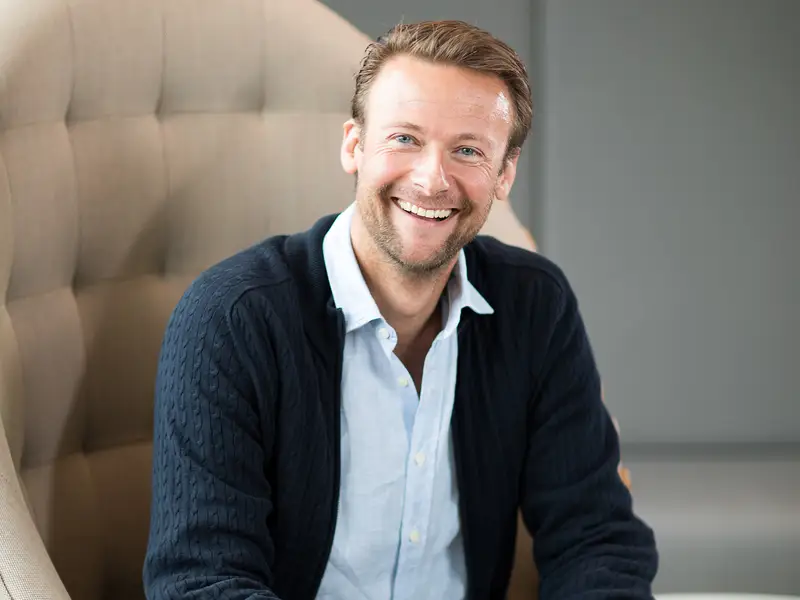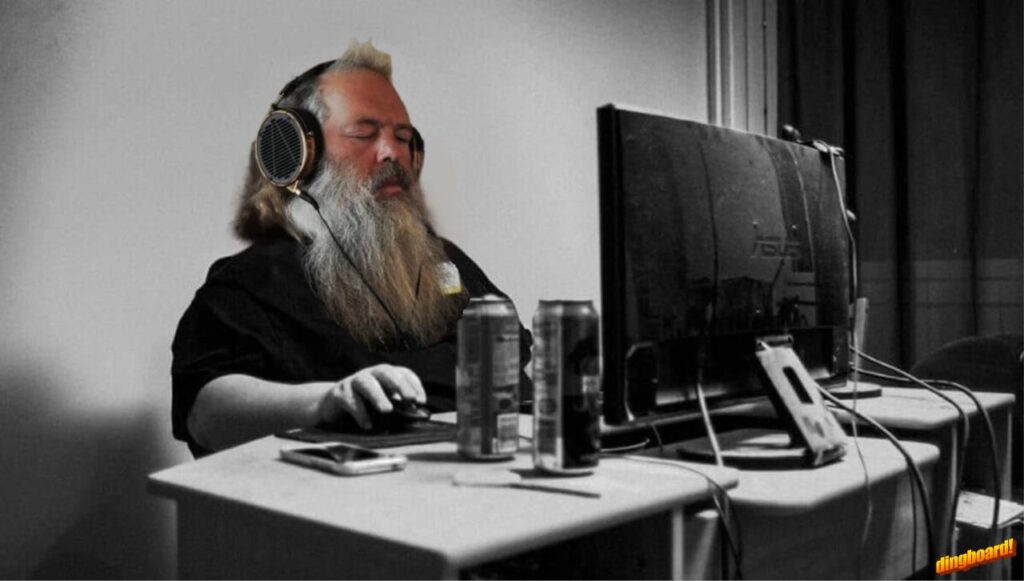As with many of the conversations we’ve had on this topic, like with Czech Founders’ Barbora Werdmölder, the main issue seems to be the rules surrounding ESOP, or employee stock ownership plans. In many countries around the world, this is an important way in which startups can attract talent: often cash-poor, they give employees a part of the company in lieu of a high salary.
The problem is that ESOP is not supported by the Czech law, or at least not in the way that it is in other jurisdictions. Krátký explains that the shares an employee has been awarded aren’t treated as an investment, but rather as a benefit.
This may not seem like a massive difference, but under the Czech tax regime this means any proceeds from the sale of those shares are taxed at a rate of about 15% higher than if ESOP were seen as an investment. According to Krátký, this rate is high enough to act as a deterrent for any top talent to come to Czechia as the potential reward is just too low compared to surrounding countries.
Employee or investor?
If you work for a Czech startup, putting in time and effort for a lower salary but in the hope of a great reward down the line, Krátký says “it would be best if the country saw them as investors, not purely as employees. Any money paid out from ESOP is the result of their investment in the company.”
The goal of changing the rules wouldn’t be just to line the pockets of a few techies, either, says Krátký: “it’s to motivate those companies to set up here. It’s about motivating talent from anywhere around the world to come here and increase the chances of success of those companies.”
“If they are able to motivate the talent to come here, their chances of success go up. And then once those people and their companies are successful, to keep them motivated to invest in Czechia and multiply the effects for the economy here.”
Firing up the economy
According to Krátký, the cumulative effect would act as a “booster to the economy. While it may not feel like it would have a huge impact, you need just a couple of companies to succeed out of hundreds or thousands in order for them to become the profit engine for the whole economy.”
On top of that, “programs like these motivate those companies to keep their entities here. And once the holders of those programs, or the founders, exit, they are more motivated to keep investing into this economy and not in others. We keep the capital and investment here in Czechia.” As an example, he uses the so-called Skype mafia from Estonia who took their buyout from Microsoft and then went on to found dozens of other startups in their home country.
Krátký argues that “it’s a win-win for everyone. If we keep the talent, we keep the people investing here and even ordinary citizens profit from the growth in GDP. It helps us to change for the better and create an investment mindset.”
The case of Grid.online
Right now, says Krátký, “any company that wants to award ESOP is better served by leaving the Czech Republic, at least legally, which is not something, you know, anyone wants to do.” This of course begs the question why Krátký stayed, first with Liftago, and now with Grid.online.
Krátký attributes this to his conviction that he needs to help push for a change in the rules, first. If the rules are not modernized, he’s ready to switch his ESOP program to another jurisdiction. Currently, Grid.online is staffed by people with ESOP in other companies, besides having its own program. This will liquidate in a few years, by which date hopefully the law will have changed.
“That’s why I’m actually trying to help anyone understand the problem. In three or four years, if nothing has changed, I will be able to say I’ve done everything I can. I’m not going to shave off the benefits of people who are investors simply to be stubborn. I’m trying to give a chance to the folks in the right positions to set things up properly and be competitive with the other countries in the EU.”
Changing the debate
Krátký clearly has thought about it all a lot, but emphasizes that he doesn’t want the debate to become too emotional: “It’s just pragmatic for anyone to support it. The only reason why this hasn’t yet happened is because the startup community didn’t speak with a single voice. Now, with the Czech Startup Association, we do.”
It seems to be having an effect, too: “during a recent event in parliament we heard that actually all of those political representatives there were in favor of the changes needed to make the Czech Republic more competitive. I think it’s about paying close attention to what they actually do in the end, and keeping them accountable to the stuff they’re saying now.”
“They need to understand what they’re dealing with and what are the benefits for them to be able to explain to their voters, you know, why they are doing it. There are multiple reasons, and I think on all sides of the spectrum of the politics spectrum to support it. But they need to pay attention, they need to understand it, and we need to hold them accountable.”
